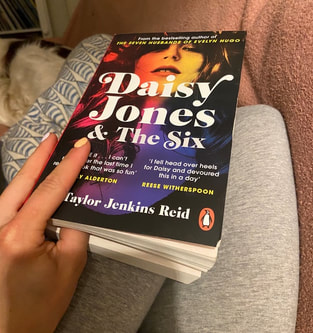|
Whether you’re an athlete or not, sleep is one of the most important things that is often the first to be sacrificed when your days get busy. However, maximising our sleep might just be the easiest thing we can do to get the most out of ourselves and be able to reach our full potential. For me personally, I struggle off less than 8 hours sleep, so aim to get that at a minimum so I can give my all to the day. I know this can be easier said than done, but here is what I do to try and get the best night sleep possible. Be consistent. If your life/job allows, being consistent with the time you go to bed can be of immense benefit. I personally stick to the same bedtime almost everyday. I go up to bed around 9 and am asleep by 9.30. As someone who is an early riser, I find this incredibly important as even if I go to bed later, I still wake up at the same time, so I just get less sleep. Therefore an early bedtime is essential. Fit your sleep schedule to timings that best fit your lifestyle, then you’re more likely to sustain them and consistently sleep well. A study by Jessica Lunsford-Avery, PhD, has also shown that a consistent sleep schedule not only supports a good night’s sleep, but also comes with health benefits such as a lower risk of heart disease. Fresh air. As a runner, this part can be quite easy to tick off, but if you work in an office, it can be a challenge. Whether it’s 20 minutes in your lunch break or as part of your commute to/from work, try to include a little bit of time in the fresh outdoors. It could just be as part of a stroll to get your lunch, or by parking your car a short walk away from work, but by getting out in the fresh air, you will find your brain feels a lot calmer and as a result helps you sleep better. This also ensures you are getting a small amount of exercise everyday, which will only benefit you come bedtime. Limit caffeine.
I’m no coffee drinker, but I do drink green tea which also has quite a lot of caffeine in it. I therefore have my last hot drink with caffeine in it at lunch time. After that, I opt for caffeine free alternatives such as peppermint tea. This helps my mind and body wind down, ensuring it is calm before bed. On the occsion that I have had a caffeinated drink after dinner, I find my brain operating at 100 miles an hour, unable to switch off. Thus, avoiding this makes for a mcuh better nights sleep. Read. I am very guilty of watching a series or being on my phone right up to the moment I want to go to bed. Consequently, I find my brain constantly buzzing and not being able to switch off. If I switch my phone for a book about 30-40 minutes before I go to sleep, I find myself falling asleep a lot quicker! Doing this helps the brain wind down gradually. Make the room dark. As summer nears and the evenings get lighter, it can be increasingly difficult to get to sleep, especially when it is almost complete daylight at 9pm. For some, this can then result in bedtimes getting later and later, reducing the number of hours sleep you can get. It is therefore important to make your room as dark as possible. If you have quite clear curtains, an eye mask may be worth exploring. This will help keep you sleeping well all year round, keeping you fresher and more alert. Whilst none of these points are magic fixes, when used alongside one another, they will play a significant role in ensuring you start sleeping better and for longer.
0 Comments
Leave a Reply. |
Hannah IrwinI love to run and I love to write, so I write about running! Archives
March 2023
Categories |


 RSS Feed
RSS Feed
